

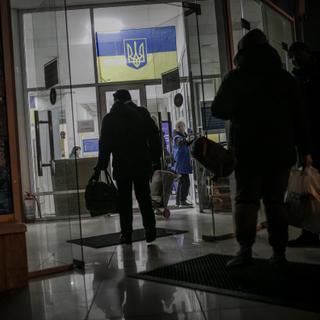
With the refugees crossing through the only open border post from occupied territory to Ukraine
FeatureFleeing towns occupied by Russian forces, residents of Mariupol, Zaporizhzhia and Enerhodar cross into enemy territory in the north-east, to reach their country in the 'free' zone.
"Can I go outside?"
One of the volunteers at the reception center raised an eyebrow. "Of course you can." Micha, who asked to remain anonymous, like the other people Le Monde met, headed for the hall leading to a snow-covered, wind-swept road in the town of Sumy, in north-eastern Ukraine. He returned a few dozen minutes later, eyes filled with tears, unable to hold back a choked sob. "It's so alive here," he said. "Everything's dead over there. Even at the market, there are only old people left, the young people are gone."
On December 3, Micha, in his 50s, had gone back into Kyiv-controlled Ukrainian territory just a few hours after leaving Enerhodar, where he was still working at the nuclear power plant up until a year ago. Enerhodar is occupied by Russian forces and is located in the south of the country, on the left bank of the Dnieper. Russia has considered it as part of Russian territory since a sham referendum ratified its annexation in September 2022. He and his wife Sasha ended up here in the center for internal refugees.
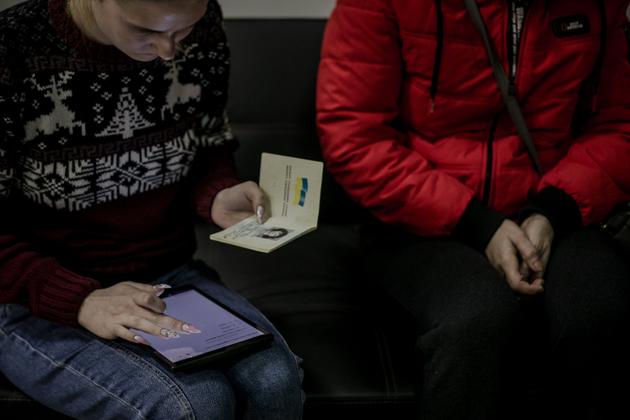
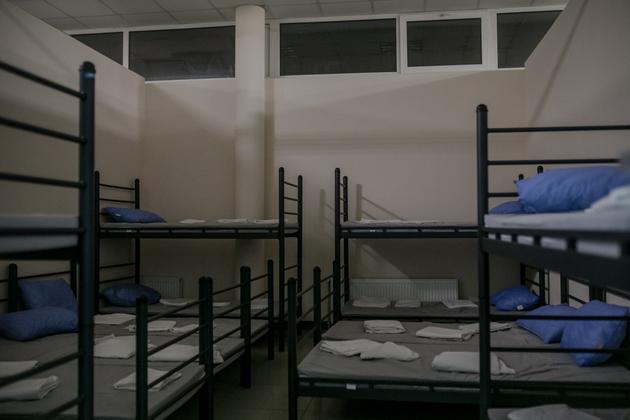
After a long journey of several days through the occupied territories of south-eastern Ukraine, followed by crossing into Russia, the couple arrived at the border post in the Sumy region, the only land access corridor still open between Russia and war-torn Ukraine. This crossing point is under an informal truce, and operates in one direction only. It can only be used by Ukrainians, most of whom come from occupied territories. Russians also use it as an exchange zone for prisoners of war and the bodies of killed soldiers.
'I would have eventually been killed'
Just a few hours before, Micha and his wife, along with dozens of other refugees, crossed the icy two-kilometer border to the Ukrainian side, where they were interrogated by the country's security services, the SBU, and then officially registered.
The first stage of their return took place in a building in the town of Krasnopillia, some 10 kilometers from the Russian border. There, exhausted, they were greeted by volunteers who offered them soup and tea. "People rarely describe what they've been through," said Olha, one of the volunteers. "Others are afraid, because they still have family in the occupied territories". Occupied territories make up 17% of the country's territory, in which 4 to 6 million Ukrainians live. For those who have no other solution, they are then led to an accommodation center in Sumy.
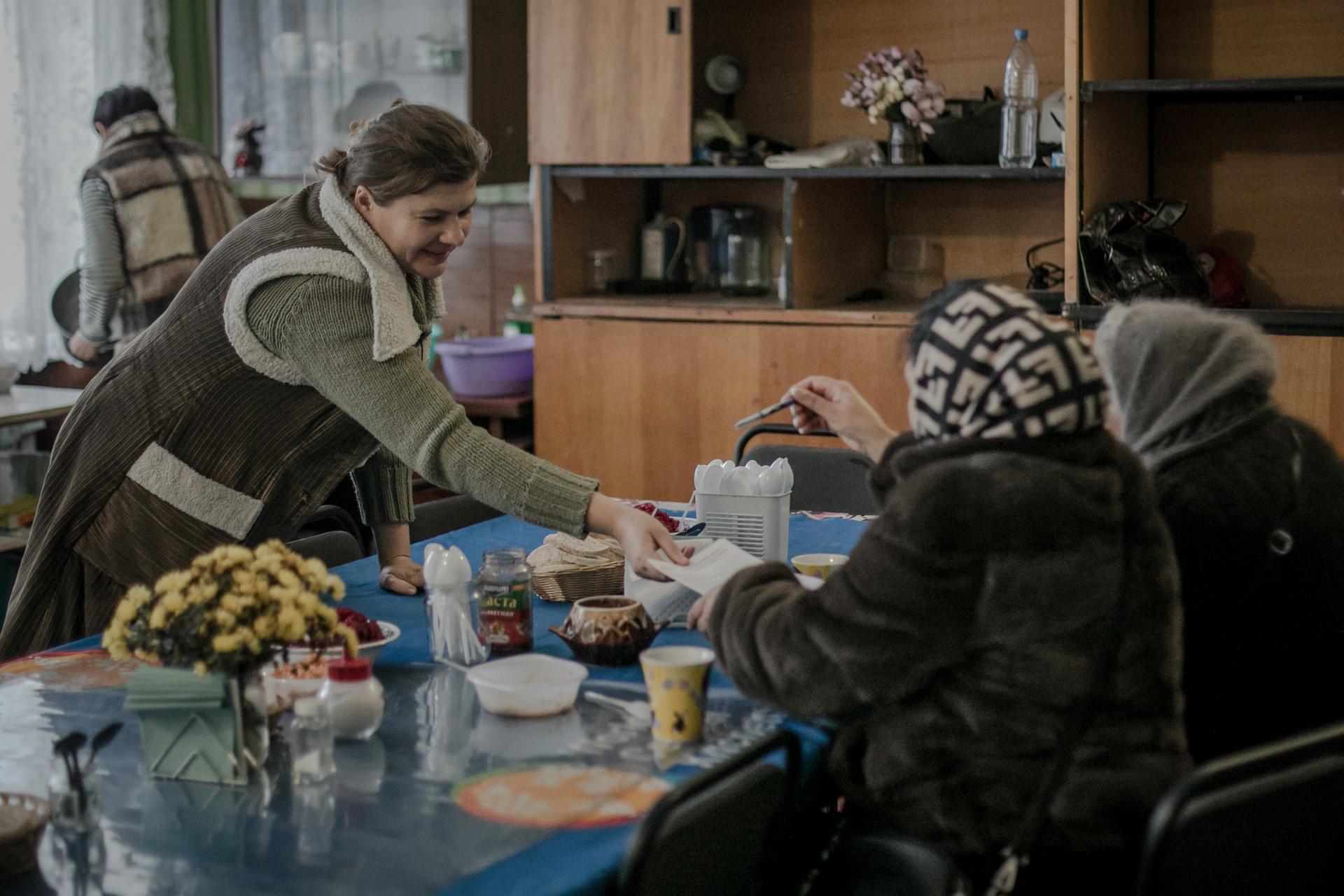
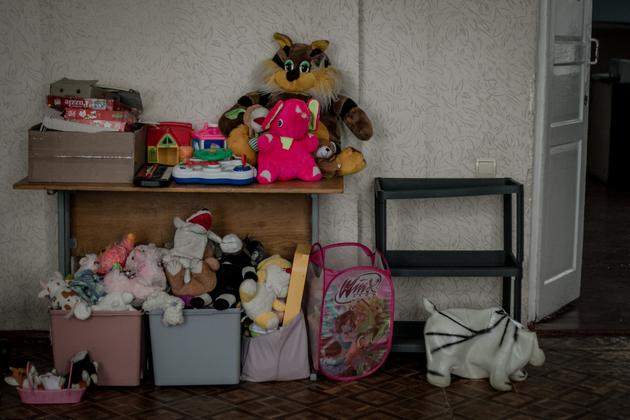
Micha was keen to tell the story of why he left: "I would eventually have been killed." Despite Russian forces telling the people of Enerhodar that they had come to "liberate" them, he described systemic violence. "They ended up breaking us. If someone is critical, they make them disappear. So people gradually started to leave."
You have 65% of this article left to read. The rest is for subscribers only.
